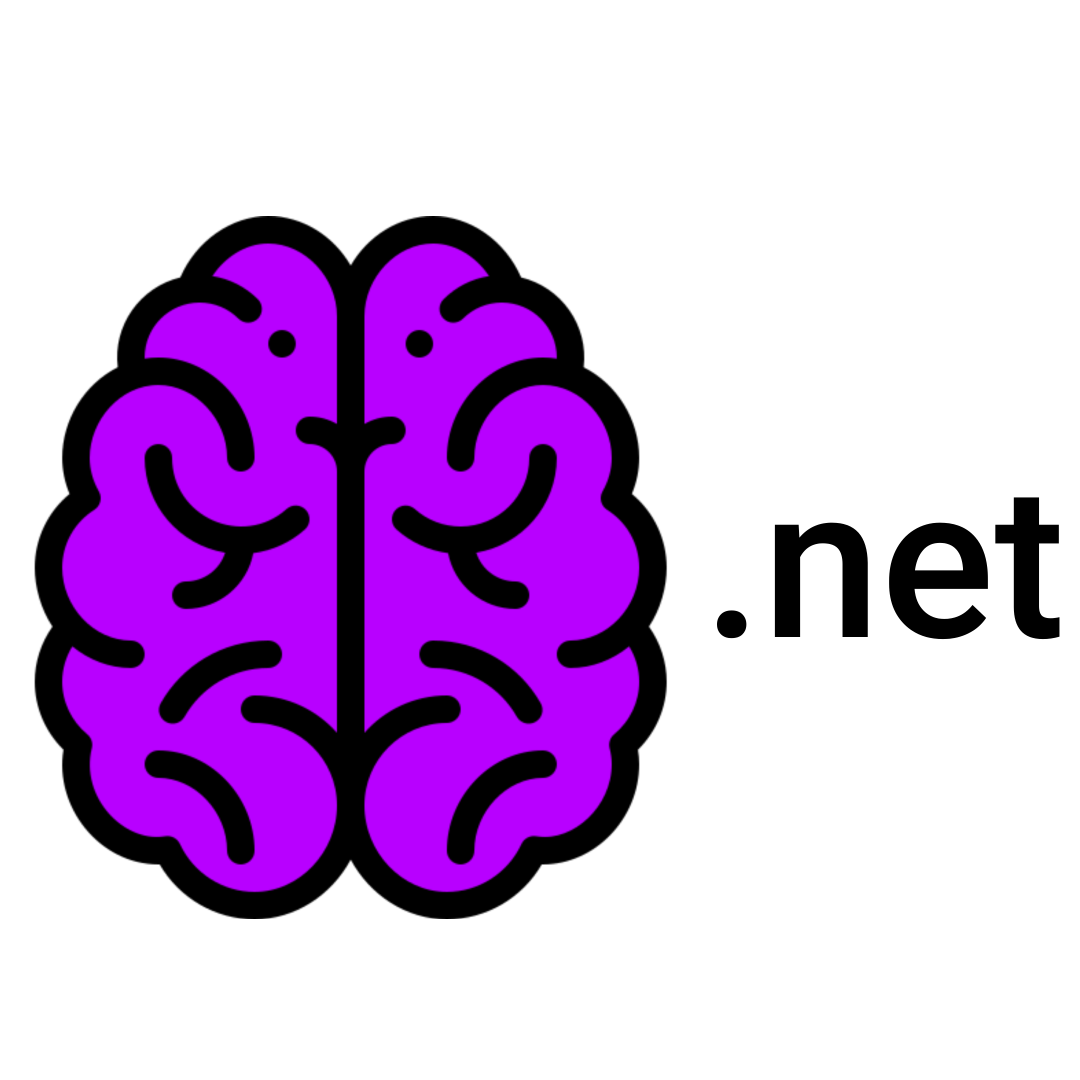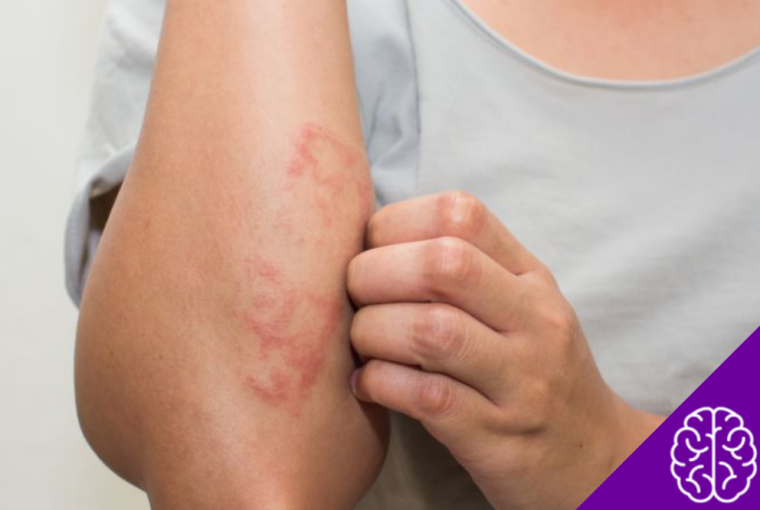Itchiness, also known as pruritus, is an unpleasant and irritating sensation that compels us to scratch our skin. But, after all, why do we feel itchy?
Well, know that itchiness can be caused by a variety of factors, including allergic reactions, dry skin, insect bites, medical conditions, and even psychological stimuli.
Are you curious about the subject? Then, continue reading, because in this exclusive guide we will unveil the secrets behind itching, revealing the main curiosities about this topic. Check it out!
After all, why do we feel itchy?
Itchiness is a universally familiar and extremely uncomfortable sensation, serving as a warning sign that something in the body isn’t right.
However, even though it affects millions of people daily around the world, we rarely stop to consider its origins and meanings…
Generally, itchiness is caused by the release of chemicals in the skin, such as histamine. Histamine is a substance produced by the immune system in response to irritation or injury.
Histamine causes the dilation of blood vessels, leading to increased blood flow to the affected area.
This, in turn, causes the release of other chemicals that stimulate the nerve endings in the skin, causing the sensation of itchiness.
The mechanism of itchiness
Itchiness is a complex response of the nervous system. When an irritating stimulus reaches the skin, it activates specific nerve receptors.
These receptors, known as C-fibers of pruritus, send signals to the brain, which interprets this information as itchiness.
It’s interesting to note that these fibers are different from those responsible for pain, although both sensations can sometimes be confused.
In summary, when something irritates the skin, whether an insect walking on the skin or an allergic reaction, specialized nerve cells (pruriceptive neurons) are activated. These neurons send signals through the spinal cord to the brain, where they are interpreted as itchiness.
The itch-scratch cycle
Scratching the skin can provide temporary relief, but it can also damage the skin and activate more nerve receptors, intensifying the itchiness.
This leads to a vicious cycle of itching and scratching, which can be difficult to break and can lead to inflammation or infections.
Curiosities about itchiness
- Itchiness is a subjective sensation, meaning what itches for one person may not itch for another
- Itchiness is a spreading sensation; that is, when you scratch one area, other nearby areas may start to itch
- You scratch on average 97 times a day, where some people scratch more, while others scratch less
- Itchiness can be contagious (just like yawning), where a recent study found that the act of scratching can stimulate the nerve endings of the skin in other people, causing them to itch
- Itchiness can be a warning sign of a serious medical condition. If the itchiness is intense or persistent, it’s important to consult a doctor to identify the cause, such as cancer or Parkinson’s disease, and receive appropriate treatment
- Itchiness can be caused by emotions, as stress and anxiety can trigger the release of chemicals that cause itchiness
Conclusion
Itchiness, despite being a common phenomenon, carries with it a remarkable complexity. Therefore, understanding why we feel itchy and its mechanisms not only helps us find relief but also to appreciate the way our bodies communicate and react to different stimuli.
So, the next time you feel a little itch, remember that it’s a small but fascinating part of the vast and mysterious world of human biology!


